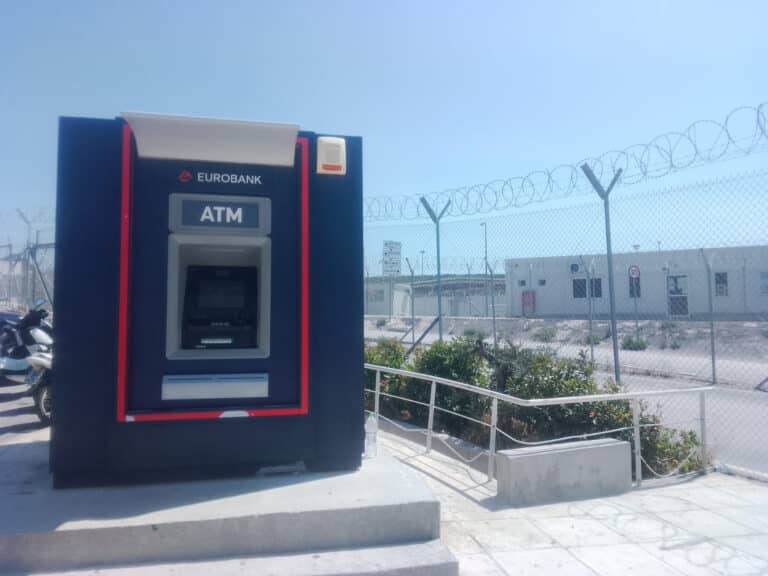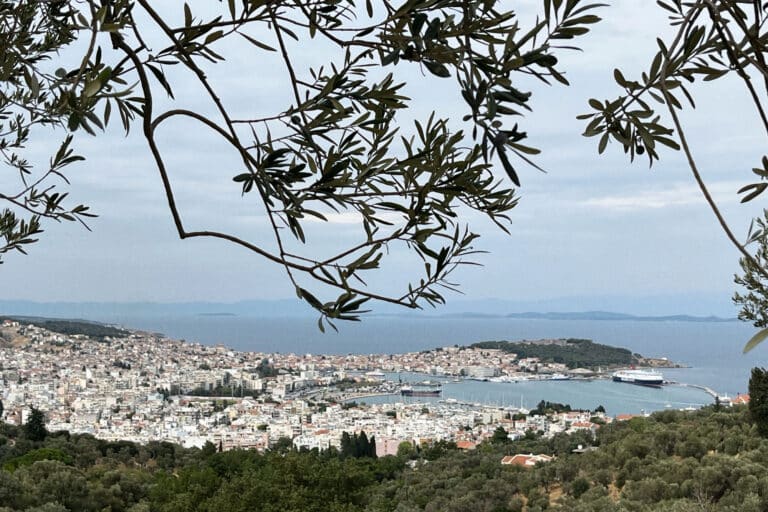According to the Cambridge Dictionary, urgency is “the quality of being very important and needing attention immediately: It now is a matter of urgency that aid reaches the famine area. She stressed the urgency of an early solution.”
Based on that definition, urgency comes from privilege and individualism. It’s striking to see the Cambridge examples. The first one exemplifies urgency collectively—for example, a famine. On the other hand, the second example is very individual; a random person needs a solution.
It seems that individualism has created a fallacy around urgency and somehow deepened the meaning of being privileged in relation to time.
As a Palestinian, I am always glad to see people want to provide support and want to learn about the horrible realities Palestinians are living through; it is a noble cause and a noble request. Regardless, as much as your support is essential, your attentiveness to timing is also important.
Since 1948, we have needed all kinds of support and advocacy, but that doesn’t mean volunteering in Palestine is urgent because you now finally have the time to do it. That is a privilege.
It is difficult to hear this statement from many Western visitors: “I realized that I want to learn, and I have the time for it now, as I am on vacation.” Saying this to a Palestinian who can barely plan for their day is not sensitive. Requesting fast replies to your requests because you are planning your vacation or planning your summer is not urgent to a Palestinian who is thinking of their relatives in prisons, family in Gaza, or living in a restricted area in Al Khalil/Hebron.
Your sense of urgency is our sense of leisure as we don’t, as Palestinians, have the option to plan in advance.




